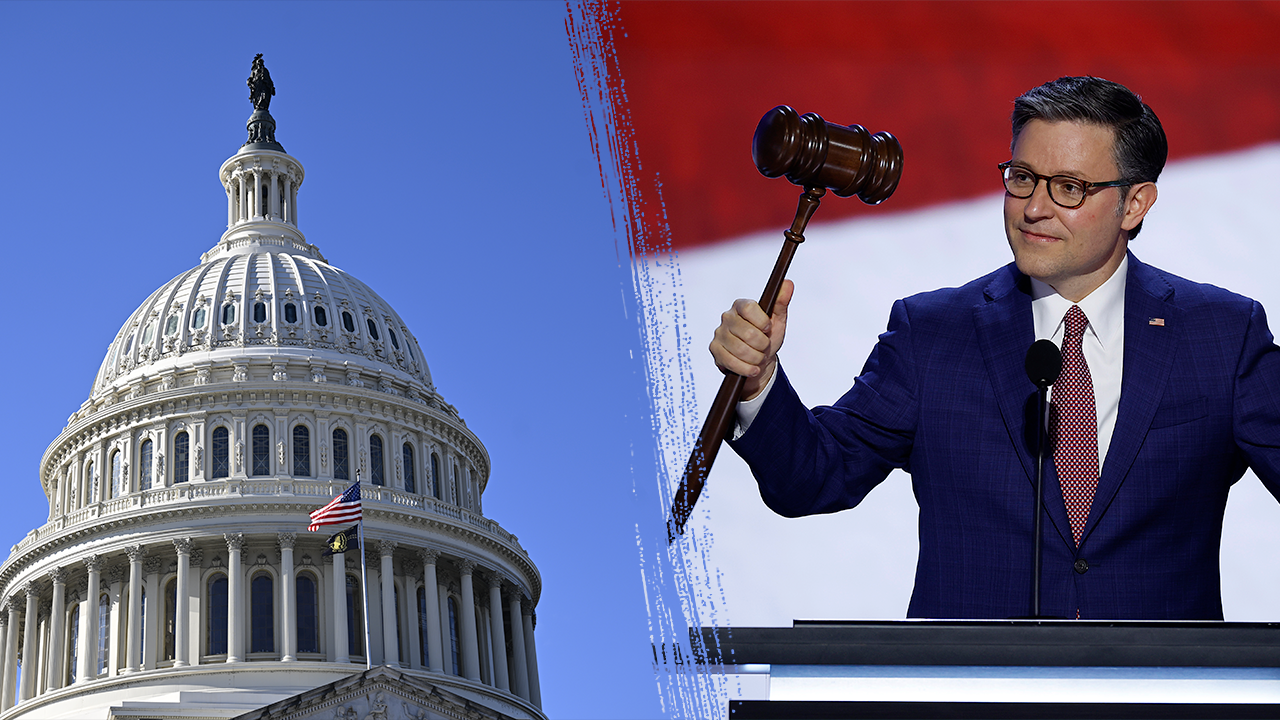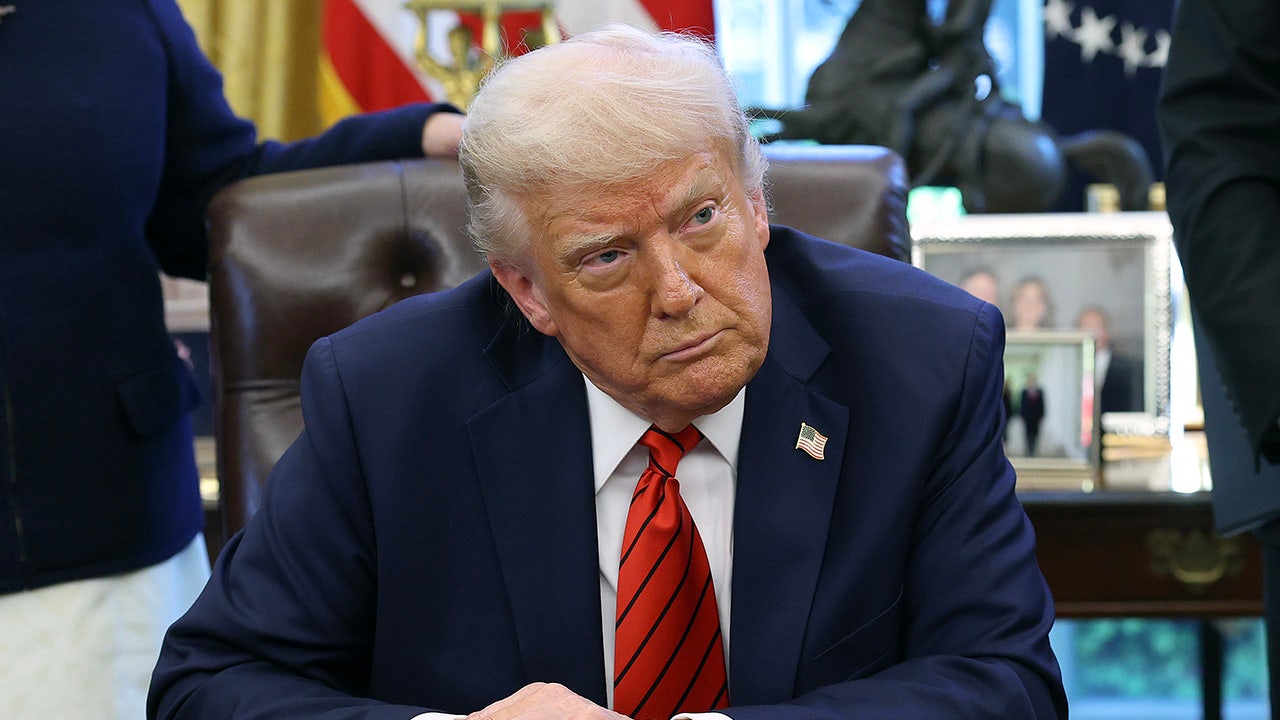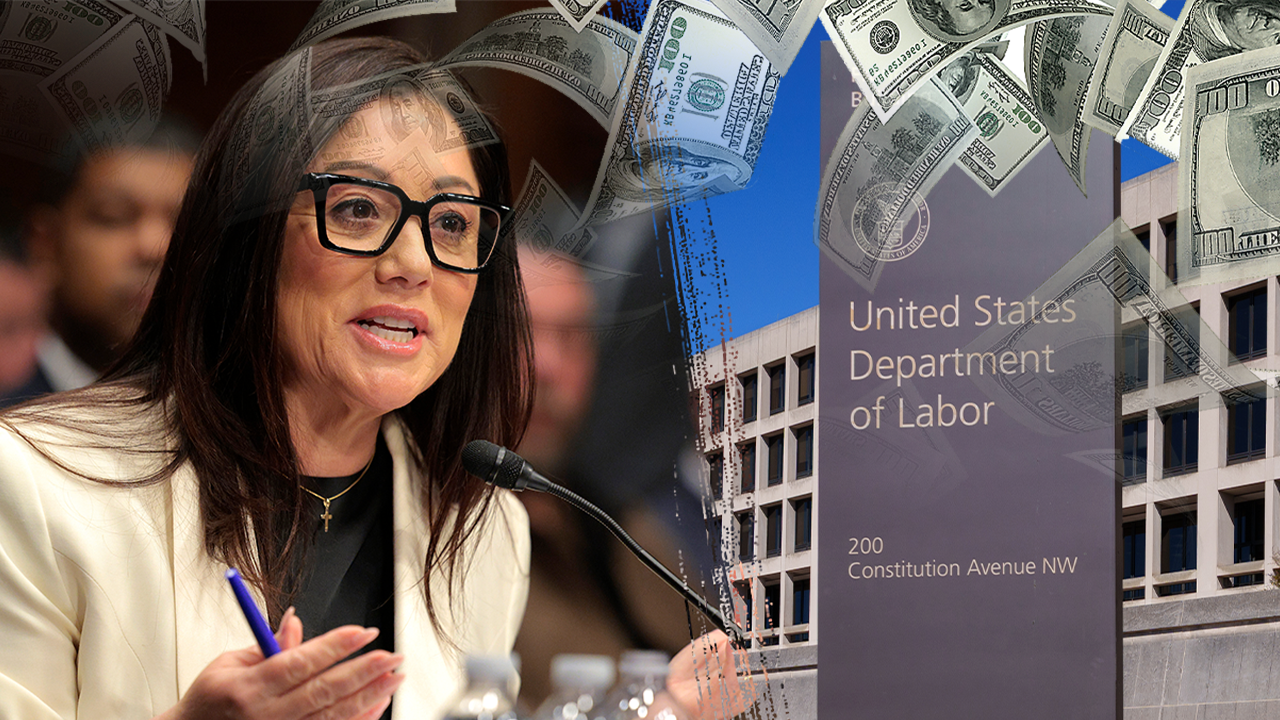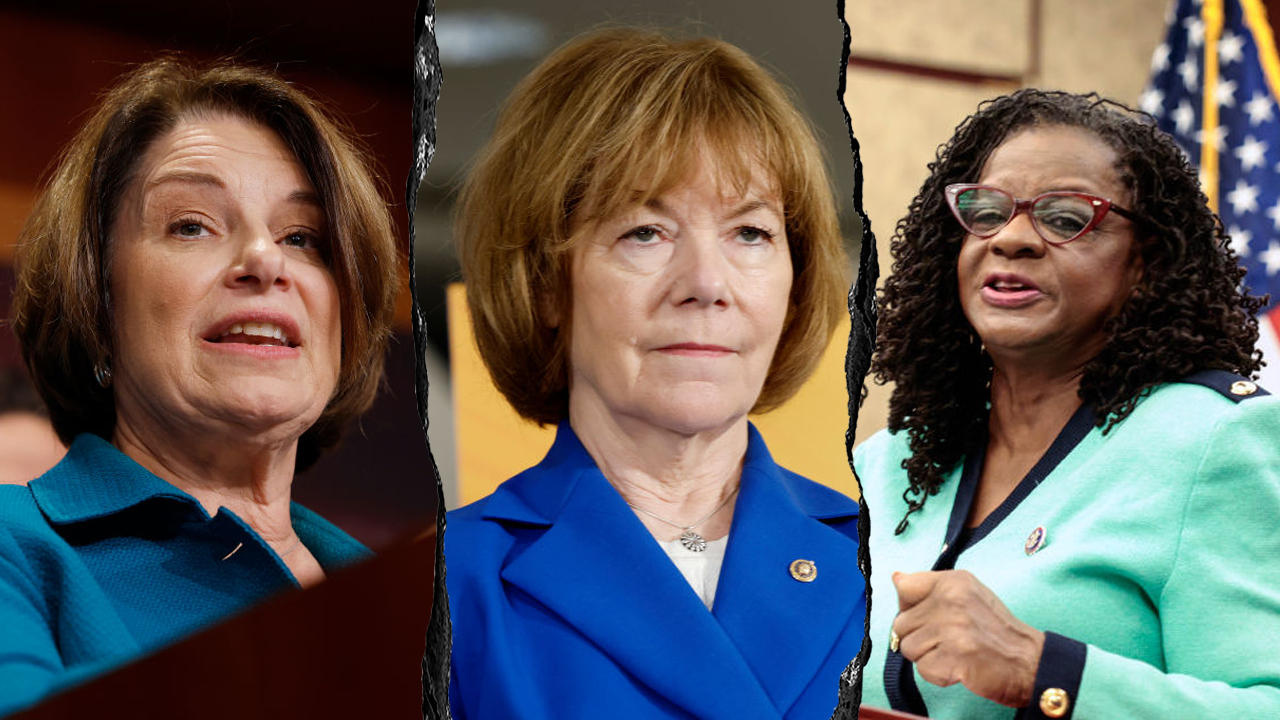House votes for rules to make ousting a speaker more difficult

The House of Representatives recently implemented new rules that will make it more challenging to remove a sitting speaker from their position. The decision was made with a vote of 215-209 along party lines, setting the rules for the 119th Congress.
One significant change in the rules is the adjustment of the threshold for calling a “motion to vacate the chair,” which initiates a House-wide vote to remove the speaker. In the previous Congress, Ex-Speaker Kevin McCarthy had agreed to lower the threshold to just one person to secure the speaker’s gavel. However, in the 119th Congress, the threshold has been raised from one to nine members, specifying that these members must be from the sitting majority party.
This change has sparked criticism from Democrats, who believe it undermines the accountability of the speaker to the entire chamber. Rep. Jim McGovern, the top Democrat on the House Rules Committee, accused Republicans of electing a Speaker of the Republican Conference rather than the House, controlled by their most extreme members.
Former Speaker Kevin McCarthy was ousted by eight House Republicans and all House Democrats after a motion to vacate the chair was initiated by former Rep. Matt Gaetz. The one-vote threshold remained a concern for Speaker Mike Johnson for over a year after he assumed the role.
The new rules also include changes in language, substituting non-gendered terms with more gendered ones, and limiting the Speaker’s ability to rush a bill to the House floor using the “suspension of the rules” mechanism.
These modifications were the result of negotiations between the House Freedom Caucus and the Republican Main Street Caucus. It aims to establish a more structured process for removing a speaker and ensure a balanced approach in legislative procedures.
Overall, the new rules in the House of Representatives signify a shift towards a more stringent process for holding the speaker accountable and conducting legislative business. The changes aim to promote transparency and fairness in the House’s operations, ensuring that decisions are made with bipartisan input and consideration.




